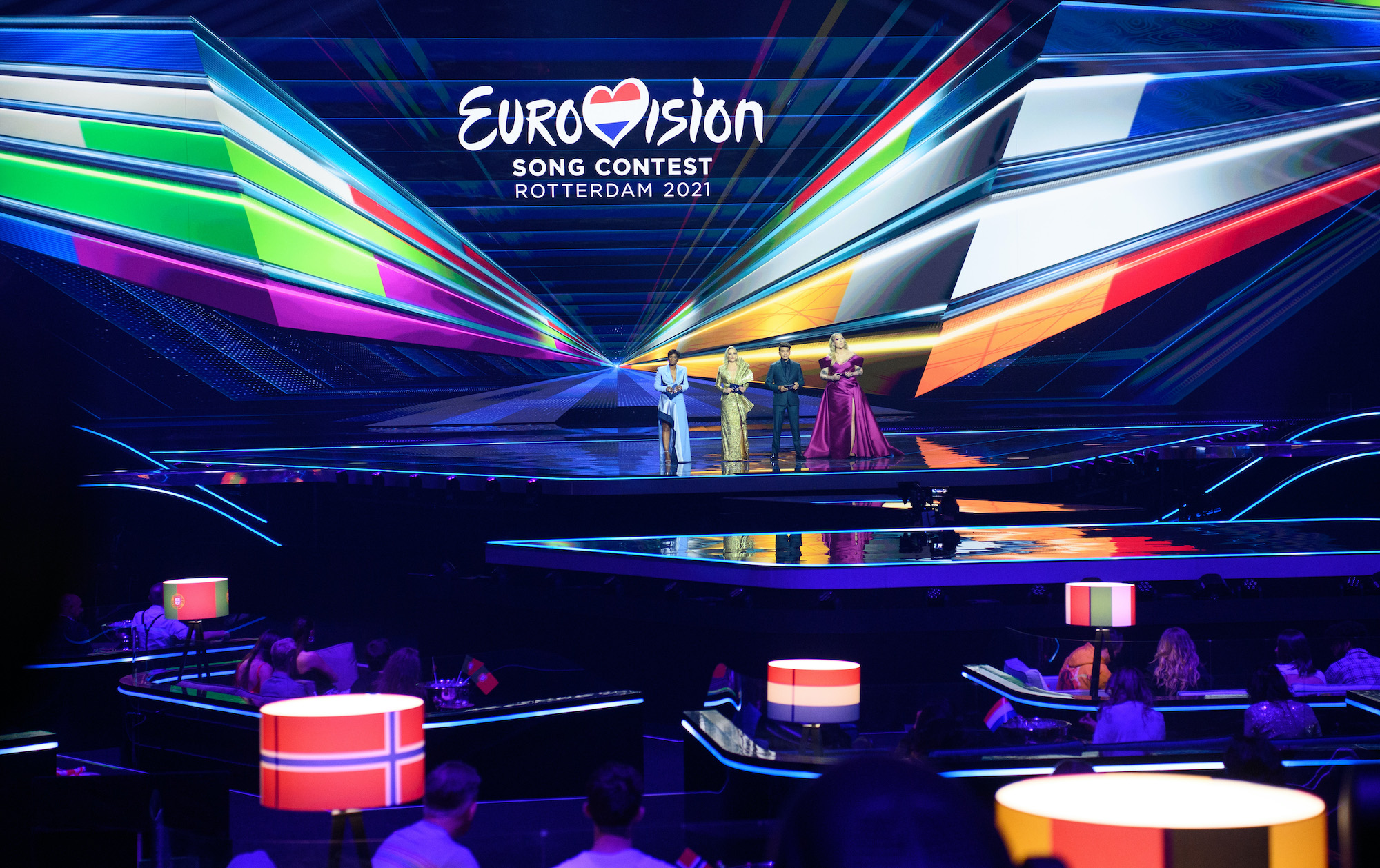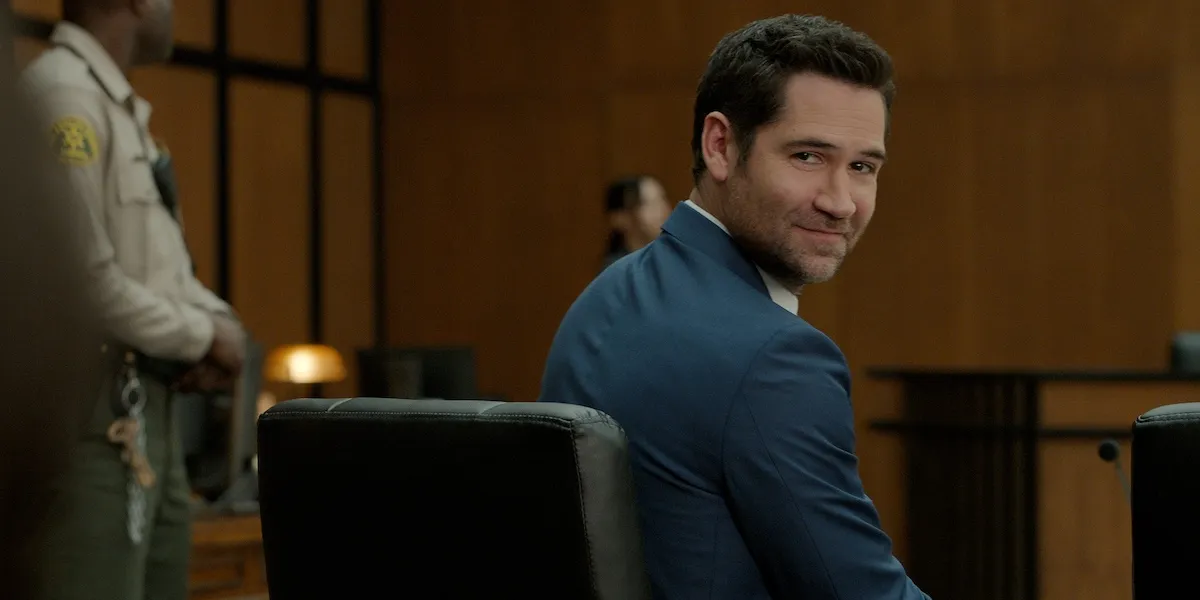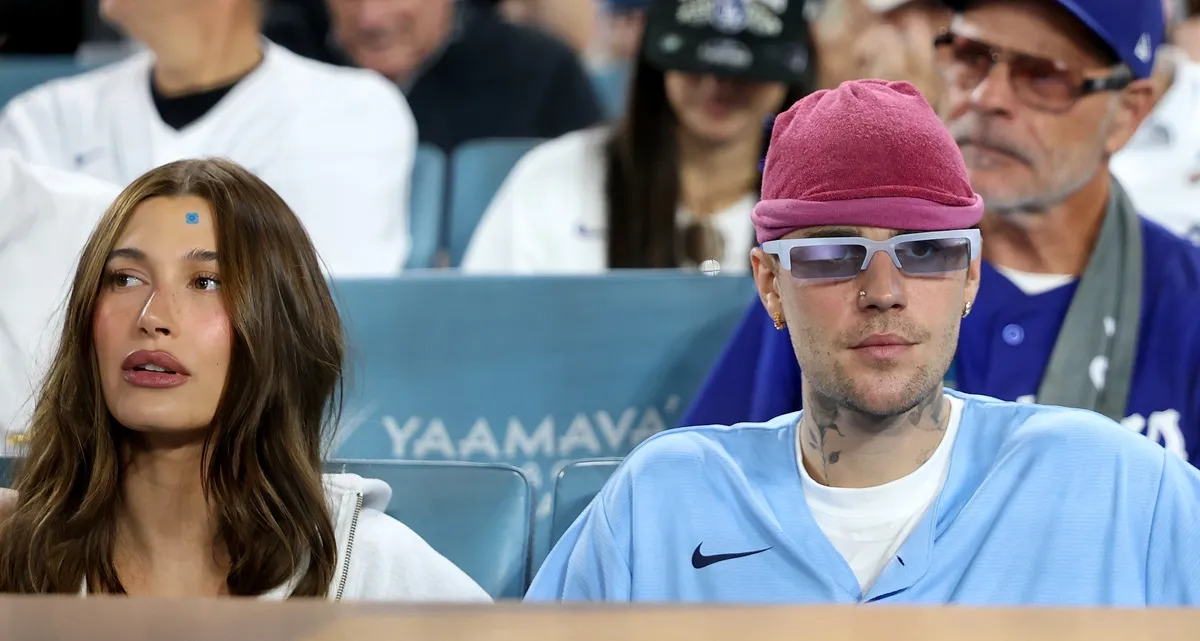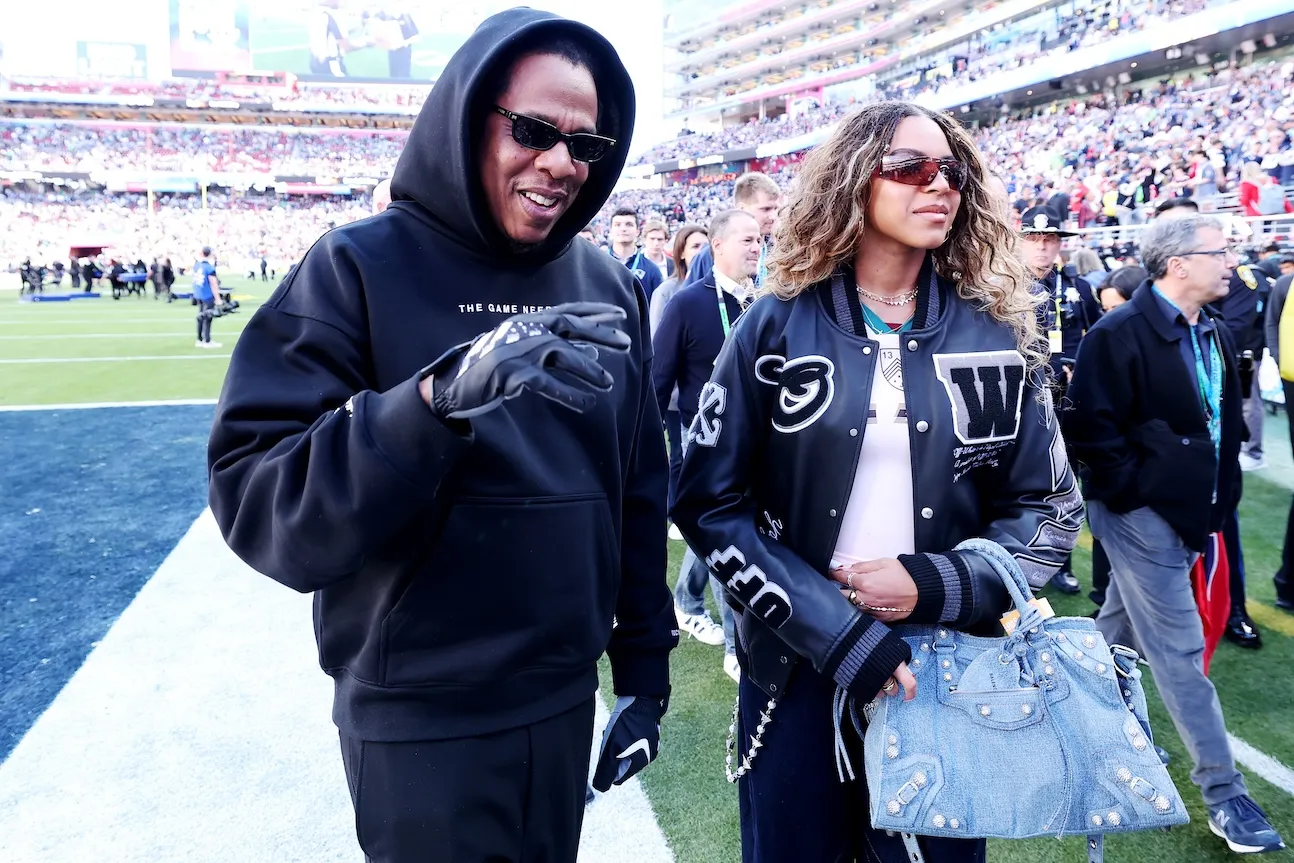‘Eurovision,’ the Longest-Running TV Show in History, Is Coming to the U.S. in the Form of ‘American Song Contest’
The televised singing competition is no stranger to American entertainment. Long before shows like American Idol, The Masked Singer, and The Voice were capturing American audiences, televised talent events had a reputation for bringing up-and-coming singers to the forefront. The show Star Search, which premiered in 1983, offered a launching pad for plenty of today’s well-known artists including Beyoncé and Justin Timberlake.
Even before that, the show Original Amateur Hour, which premiered in 1948 and ran until 1970, offered would-be stars the chance to show off their skills — and a young Elvis Presley was famously cut during auditions.
With that long history of singing competitions that have culminated in a crowded field of current shows in the genre, do Americans really need another one? Some believe they do, and they want to bring a Eurovision-style contest to American audiences.
What is ‘Eurovision’?

Many Americans were unfamiliar with the concept of Eurovision until a 2020 Netflix film starring Will Ferrell brought some much-needed attention to the long-running televised contest. While the film didn’t receive a very impressive critical reception, it did make more Americans interested in the phenomenon of Eurovision, which started in the 1950s.
Each participating country sends a musical act forward as a representative, and that solo artist or band has three minutes to perform live. There can be no more than six individuals, and live animals are not allowed.
Often, the costumes, stage decor, and special effects are as important as the song and the quality of the music. Each country also gets the opportunity to vote — though they cannot vote for their own representative. A total of 50 points per judge are allocated across the top 10 choices.
The history of Eurovision
As Live About reports, the competition was started by the European Broadcasting Union “in an attempt to return to normalcy after the destruction of WWII.” This unifying goal explains the program’s strict rules banning overtly political songs and performances, but many artists have found ways to skirt them over the years. Of course, music has long been a site of political commentary, and even performances that avoid an overt political statement are often analyzed for their symbolic messaging.
The show has become so popular that hundreds of millions of Europeans tune in to watch it live, making it as much a cultural touchstone as a piece of entertainment. As Forbes reports, 95% of Icelandic viewers tuned in to the 2016 finale — even though they didn’t qualify for it. That year, Sweden served as the host country, and 85% of its viewers were watching.
Fascinatingly, participants don’t have to be from the country they represent, which has led to some interesting performances — including Celine Dion’s 1988 win on behalf of Switzerland. Despite the lax rules, most performers do have ties to their representative country, and the show has served as a launching pad for plenty of internationally famous artists including ABBA.
How to watch it in America
Eurovision is going to be hopping across the pond in the form of the American Song Contest. As Eurovision reports, this “live Contest consists of three rounds as the acts compete in a series of Qualifying Rounds, followed by Semi-Finals and the ultimate Grand Final where one state or territory will emerge victorious.”
The program will be coming to NBC, giving Americans a chance to rally around a live event as they battle it out for the top spot. Time will tell if this show — like its predecessor — will serve as a unifying force of fun and folly or if it will be a chance to deepen divisions in American culture.


